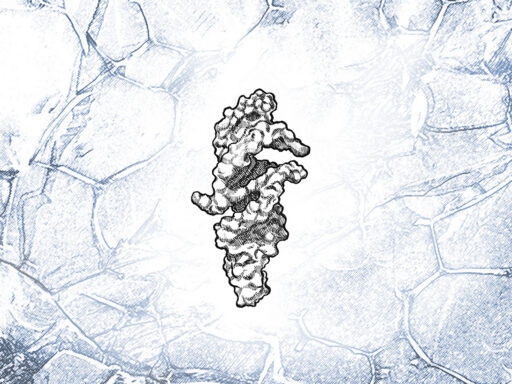
A tiny self-copying molecule offers the clearest answer yet to the mystery of the origins of biology, reports Science Director Roger Highfield.
Roger Highfield is the Science Director at the Science Museum Group, a member of the UK's Medical Research Council and a visiting professor at the Dunn School, University of Oxford, and Department of Chemistry, UCL. He studied Chemistry at the University of Oxford and was the first person to bounce a neutron off a soap bubble. Roger was the Science Editor of The Daily Telegraph for two decades, and the Editor of New Scientist between 2008 and 2011. He has written or co-authored ten popular science books, most recently Stephen Hawking: Genius at Work, and has had thousands of articles published in newspapers and magazines.

A tiny self-copying molecule offers the clearest answer yet to the mystery of the origins of biology, reports Science Director Roger Highfield.
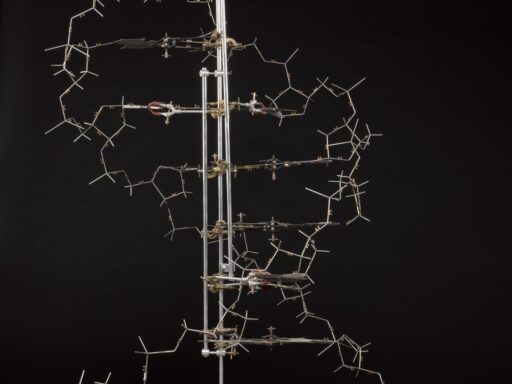
Science Director Roger Highfield and Curator Sarah Bond talk to the American molecular biologist David Liu about his new gene editing strategy that, remarkably, addresses a common cause of around a third of genetic diseases.
Roger Highfield, Science Director, describes the first real stride toward writing human genomes from scratch.

At the National Quantum Computing Centre, Science Director Roger Highfield discovers how atoms wrangled by laser beams are powering a remarkable new kind of computer—one that ‘thinks’ in quantum probabilities, not binary certainties.
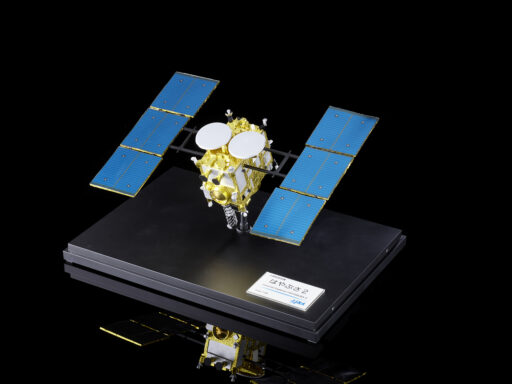
Science Director Roger Highfield reports on a new discovery about the source of Earth’s water.
Wheat is the world’s leading source of dietary plant-based protein. Inspired by the Science Museum’s Future of Food exhibition, Science Director Roger Highfield asks: what role will wheat play in feeding a warming world?

With AI and cloud computing, the Met Office is poised to transform how—and where—we see the weather coming, reports Science Director Roger Highfield.

Roger Highfield, Science Director, reports on the latest milestone in what is billed as the most complicated neuroscience experiment ever.
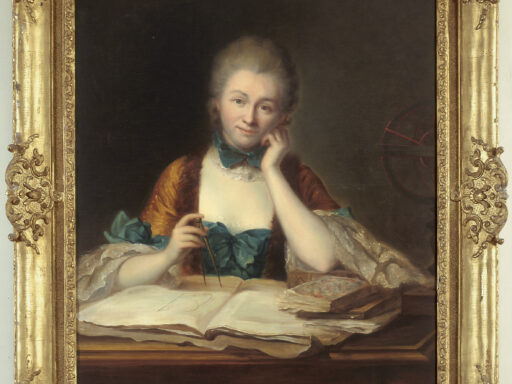
To celebrate our Versailles exhibition, Science Director Roger Highfield discusses the reevaluation of Émilie Du Châtelet’s crucial contribution to modern science.

Roger Highfield, Science Director, gazes into his crystal ball to glimpse the experiments, projects and innovations that will make headlines in the coming year.
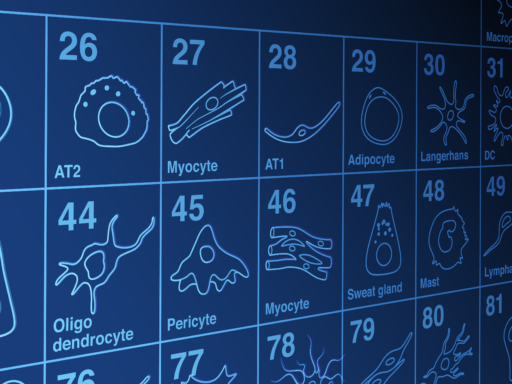
The Human Cell Atlas will revolutionise medicine, reports Science Director, Roger Highfield.
Roger Highfield, Science Director, reports on the findings of a study of handedness in museum visitors, published today by an international team.